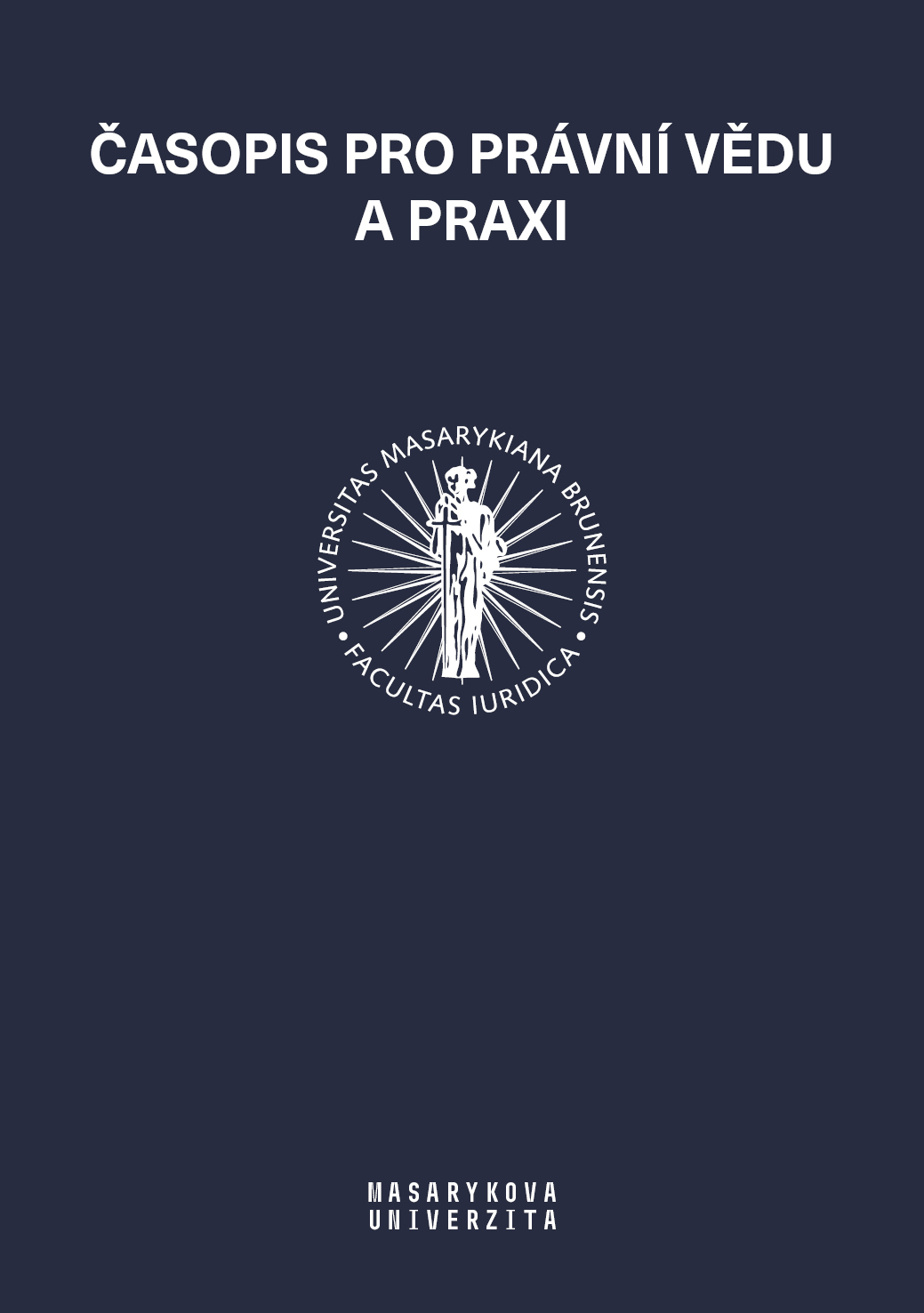K povaze tzv. české „výjimky“ z Listiny základních práv EU
The Nature of the so-called Czech ”Waiver“ from the Charter of Fundamental Rights
Author(s): Vojtěch BellingSubject(s): EU-Legislation
Published by: Masarykova univerzita nakladatelství
Keywords: Charter of Fundamental Rights; treats analysis; Protocol No. 30; European Union; Czechia;
Summary/Abstract: The presented analysis treats different aspects of possible impacts of the Protocol No. 30 (the so-called “opt-out” from the Charter of Fundamental Rights of the European Union). On the legal basis, it comes up with the conclusion that the Protocol cannot, in any case, be interpreted as a material deviation from the standard of the fundamental rights protection in the EU, or as an opt-out from the Charter in material sense. Though, we cannot underestimate its importance. Its adoption as a source of primary law leads towards the legally embedded and bound interpretation of the Charter, particularly the interpretation of its horizontal articles. In the article 1 (2) and article 2 the Protocol nocfirms that the application of the Charter cannot imply any change of current competency order. These articles are solely declaratory and are applicable in all member states. In the article 1 (1) the Protocol has its constitutive part because it eliminates for the states participating on the Protocol the extensive interpretation by the ECJ concerning the possibility of judicial control of national legal acts adopted within the application of EU law from the perspective of the fundamental rights of the EU. It means concretely that in case of European Court of Justice’ tendency within the application of the Charter, anytime in future, to subsume certain part of national legislation into the category “application of EU law“ even out of the sphere of implementing norms in the sense of the ECJ decision ERT (and subsequently permit its revision with regard to conformity with the Charter), such approach would be possible solely for those of member states which are not participating on the Protocol (provided that such extensive interpretation would not lead at the same time to an ultra vires act on the ECJ side; in that case the ECJ decision, of course, would not be binding for any of the member state).
Journal: Časopis pro právní vědu a praxi
- Issue Year: 17/2009
- Issue No: 4
- Page Range: 255-264
- Page Count: 10
- Language: Czech

